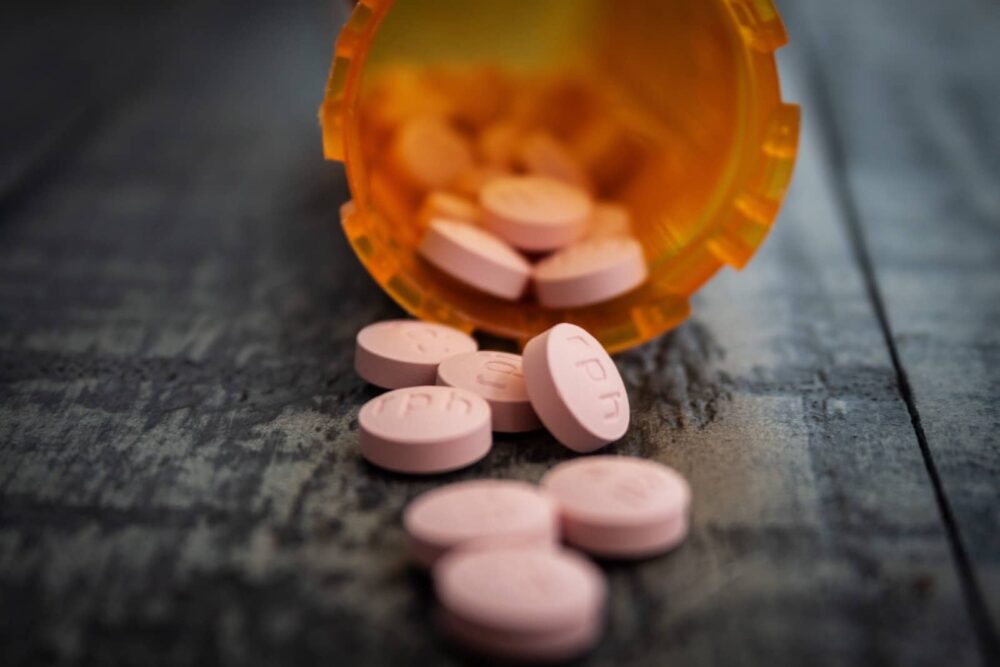Table of Contents
Substance abuse’s effects on the user can devastate the individual’s emotional, mental, and physical well-being. Many people struggling with addiction repeatedly try to cleanse their system of drugs, aiming for a life free from this dependency.
However, without knowing safe detox methods, the withdrawal symptoms from drug cleansing can be more harmful than beneficial.
Therefore, the first step one needs to take in the recovery process is to learn how to detox from drugs safely. After understanding safe and effective methods, taking immediate action is necessary. This prevents potential life-threatening conditions from ongoing drug addiction. These steps are crucial for safe recovery and maintaining long-term sobriety post-detox.
How to Clean Your System from Drugs
There are many ways in which someone suffering from a substance abuse disorder can safely detox from drugs. However, not all of them prove safe or beneficial for the user. When considering detox, it’s best to consult a clinical professional for guidance through the process.
In cases of serious, life-threatening addiction, attending an inpatient drug rehab center is most beneficial for safe guidance towards a drug-free body.
An inpatient drug rehab center is unique. Because of their trained medical staff, on hand 24/7, they ensure the individual’s health and well-being are well-taken care of, even if a medical emergency arises.
Inpatient rehab provides a distraction-free and temptation-free space. This makes detoxing safely from substance abuse easier. This has been the most proven and effective way of sustaining long-term recovery once transitioning out of rehab.
How Long Do Drugs Stay in Your System When You Decide to Clean & Detox
Many elements impact how long it takes for a substance to detox from one’s body. Age, weight, sex, health, type and amount of drug consumed, and the duration of abuse are all factors. Therefore, there’s no universal timeline for a full detox from a specific drug.
However, there are common threads that most people experience during withdrawal and detox from substance abuse.
One way the FDA measures how long a drug stays in the system is through urine tests. However, remember that the drug can still impact the body even if the particular substance appears to have passed through). The typical amount of time that a drug will be able to be detected by a drug test includes:
As previously stated, this list is not all-inclusive. This is just stating what is generally seen. Each individual has different body mechanisms and rates at which drugs are metabolized. Therefore, there is no way to easily and accurately predict when each individual will experience a full detox from the drug.
Alcohol, like other drugs, gets processed and metabolized in the body at various rates. Many factors affect how long it stays in a person’s system. However, alcohol is typically eliminated from the bloodstream at about 0.015 per hour.
This means that alcohol can appear in a blood test for up to 12 hours. Additionally, alcohol can be found in urine for up to 3-5 days before in advanced tests and 10-12 hours with more standard methods. Alcohol stays in hair follicles the longest, up to 90 days.
Furthermore, each drug has a specific half-life, or the amount of time it takes to decrease a substance by half. This can impact the user and how quickly they detox from the drug.
Typical half-lives of the following drugs are:
- Heroin: Somewhere between 2-6 minutes
- Cocaine: Around 1 hour
- Marijuana/THC: Between 4-6 days
- Methamphetamine: Around 11 hours
- MDMA: About 8 hours
Again, the time it takes for drugs to leave the body varies based on genetics and addiction severity. So, it’s essential to consult a medical professional for safe drug and alcohol detox programs with proper safety measures.
How To Best Clean Your System from an Addiction
Addiction is complex, often tied to underlying causes unrelated to the substance itself. To recover from drug addiction, one should take a holistic, well-rounded approach. As previously stated, the best way to recover from an addiction is to seek help through inpatient drug rehab treatment centers.
Finding a facility that offers comprehensive drug addiction treatment with a personalized plan is essential for long-term recovery.
Inpatient drug rehabs with specialized counselors are among the best ways to address the core of substance use disorders. Treatment programs help prevent a return to drug use after leaving rehab. This is a key factor in sustaining sobriety once transitioning out of rehab.
Furthermore, finding a rehab that understands co-occurring disorders and how to treat them is imperative to your recovery. Addressing both the underlying disorders is key. It ensures individuals leave treatment with confidence in maintaining sobriety, even when facing challenges.
The time to seek help for drug addiction is now. If you or a loved one needs addiction rehab in San Antonio, Austin, or Texas, don’t delay.
Get started on your detox journey now. And see how the help and support of others can completely transform your life from the inside out. Your future self will thank you that you took the time to invest in your well-being and sobriety today.
Sources:
Infinite Recovery has strict sourcing guidelines and relies on peer-reviewed studies, academic research institutions, and medical associations for our references. We avoid using tertiary references as our sources. You can learn more about how we source our references by reading our editorial guidelines and medical review policy.
Centers for Disease Control and Prevention. Heroin | CDC’s Response to the Opioid Overdose Epidemic | CDC. Published May 23, 2022. Accessed June 25, 2022.
https://www.cdc.gov/opioids/basics/heroin.html
Drugs.com. MDMA (Ecstasy/Molly): Effects, Hazards & Extent of Use. Drugs.com. Accessed June 25, 2022. https://www.drugs.com/illicit/mdma.html
Medline Plus. Cocaine. Accessed June 25, 2022. https://medlineplus.gov/cocaine.html
Lee W. Crystal Meth: What You Should Know. WebMD. Published April 19, 2022. Accessed June 25, 2022.
https://www.webmd.com/mental-health/addiction/crystal-meth-what-you-should_know
Hallare J, Gerriets V. Half Life. In: StatPearls. StatPearls Publishing; 2022. Accessed June 25, 2022. http://www.ncbi.nlm.nih.gov/books/NBK554498/
Food and Drug Administration. Drugs of Abuse Home Use Test. FDA. Published online November 3, 2018. Accessed June 25, 2022.
https://www.fda.gov/medical-devices/drugs-abuse-tests/drugs-abuse-home-use-test
















